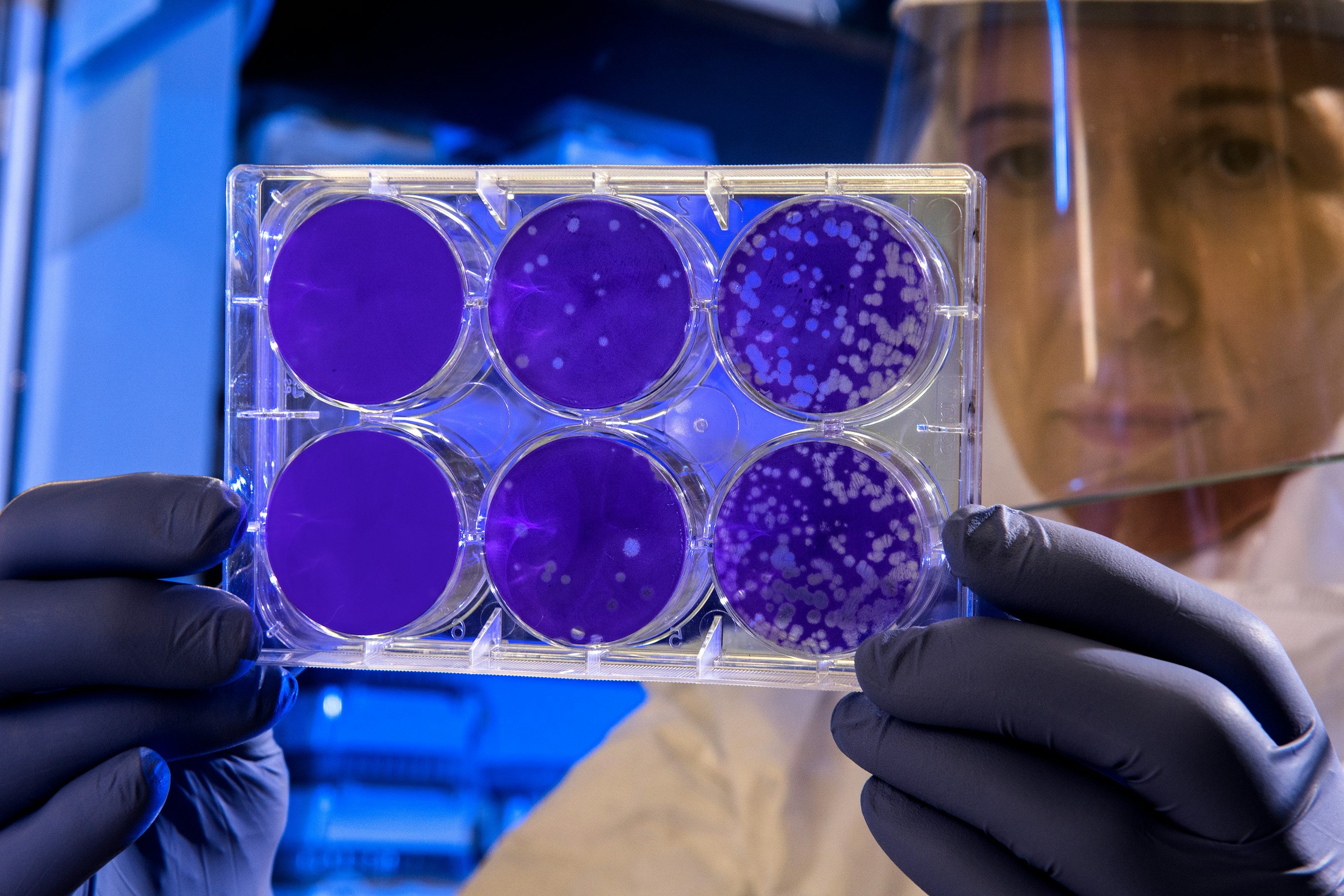
For months, stories about chloroquine and hydroxychloroquine as a potential treatment for coronavirus have been circulating widely. These stories are all about the believe that these medicines, originally developed as anti-malaria drugs, can be used to block coronavirus from invading healthy cells. As discussed in this online toolkit, politicians and influencers have been tweeting about it extensively, sharing these ideas to their millions of followers.
Unfortunately, there is no scientific proof that these stories are correct. The debate about these medicines is still ongoing in the scientific community. It all started when a Chinese laboratory study in February showed some promising results. However, studies done in laboratories do not always have the same results when it comes to human subjects and therefor we still do not know if it applies to humans as well.
In March, a French study showed positive effects on human test-subjects. However, this study has been discredited by the very paper they published it in because it “does not meet the [International Society of Antimicrobial Chemotherapy’s] expected standard, especially relating to the lack of better explanations of the inclusion criteria and the triage of patients to ensure patient safety.” In other words; the study was promising, but did not meet the scientific standard.
After all the promising studies that have been discredited or retracted, the news website ‘Wired’ came with a recommendation we can all learn from: “When it comes to findings, the Covid-19 train is an express, while the rigorous science coach is a local. Until that local arrives at its final destination, it may be wise to label all this research—preprints, peer-reviewed papers, and for goodness’ sake, pronouncements from Donald Trump— with a black-box warning: “There is some evidence for this now. It will likely turn out to be at least partially wrong.”
In the meantime, at least one person died from taking the medicines without supervision, while Donald Trump said that he is taking the pills on a daily basis.
Maybe future research will show that these medicines can be used as a treatment for coronavirus. But as long as the science is not in, we should be very careful recommending anything, or sharing unfounded speculations. We are all looking for a quick solution or fix for the new scary reality we find ourselves in, but rumour and speculations can be dangerous and sometimes even deadly. Talking about non proven treatments won’t bring a cure to the virus any closer. Sometimes we just have to wait.
